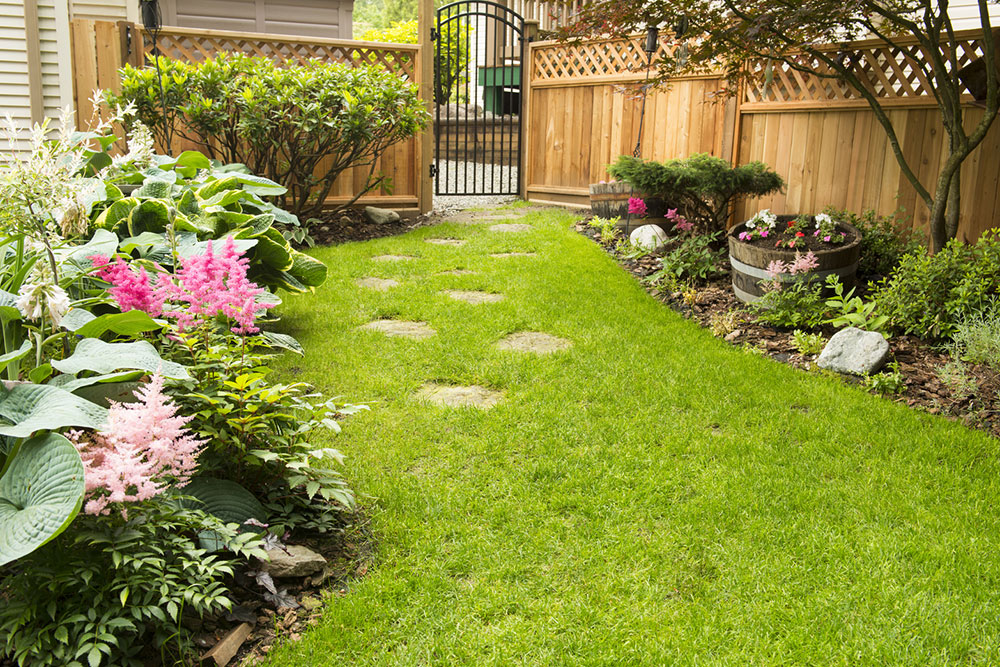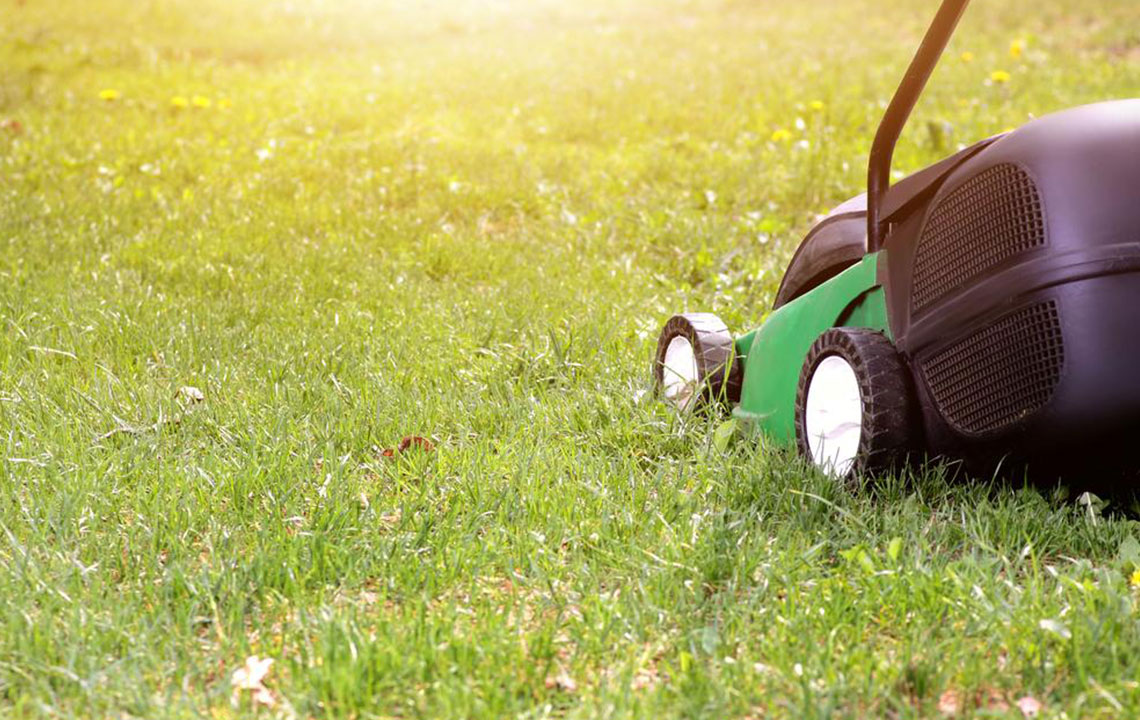Natural Ways to Manage and Prevent Ticks in Your Garden
Discover effective natural techniques to control ticks in your yard safely. From diatomaceous earth and beneficial nematodes to strategic landscaping and pet care, these eco-friendly solutions help reduce tick populations while protecting your family, pets, and plants. Implementing simple prevention tips like regular mowing, creating barriers, and managing rodents can further safeguard your outdoor space. Maintain a clean, tick-free environment with these safe methods to enjoy your garden without concerns about pests or health risks.

Natural Methods for Controlling and Protecting Your Yard from Ticks
Enjoying outdoor spaces is great, but ticks and fleas can pose risks to health and damage your garden. Luckily, safe and eco-friendly techniques exist to eliminate ticks without chemicals. These methods safeguard your plants, pets, and family while effectively reducing tick populations.
Natural tick control approaches
Diatomaceous earth a natural powder from fossilized algae, deters ticks and enriches soil. Sprinkling it around your yard decreases tick presence safely.
Chickens Raising free-range hens helps control ticks naturally, as they feed on these pests. Ensure their numbers are enough for noticeable impact, especially in high-tick areas.
Beneficial nematodes are microscopic worms targeting ticks directly. Applying them to the soil provides a safe, chemical-free pest solution.
Essential oils like lavender, peppermint, cedar, and lemongrass repel ticks naturally. Dilute and spray around your yard to keep pests at bay.
Boric acid can slow down tick development from larvae to adults. Mix with water for safe application on plants and soil.
Salt in small, diluted amounts can help target ticks when used carefully, avoiding lawn damage.
Dish soap solutions spray lightly on soil to kill ticks without harming your garden. A simple, effective method.
Preventive measures
Mowing regularly keeps grass and plants trimmed, reducing tick habitats.
Creating barriers with gravel or wood chips around your yard can block tick entry.
Managing rodents by sealing entry points and trapping reduces tick carriers in your yard.
Pet care includes frequent grooming and baths, especially after outdoor activities, to prevent tick spread.
Cleaning garden beds by removing debris and dried leaves cuts down on tick hiding spots.
Deterring deer with fencing prevents them from bringing in ticks.
Removing yard clutter like old furniture and containers eliminates tick hiding places.
Consistent yard maintenance and natural control methods are essential to keep your outdoor space safe, tick-free, and family-friendly.


